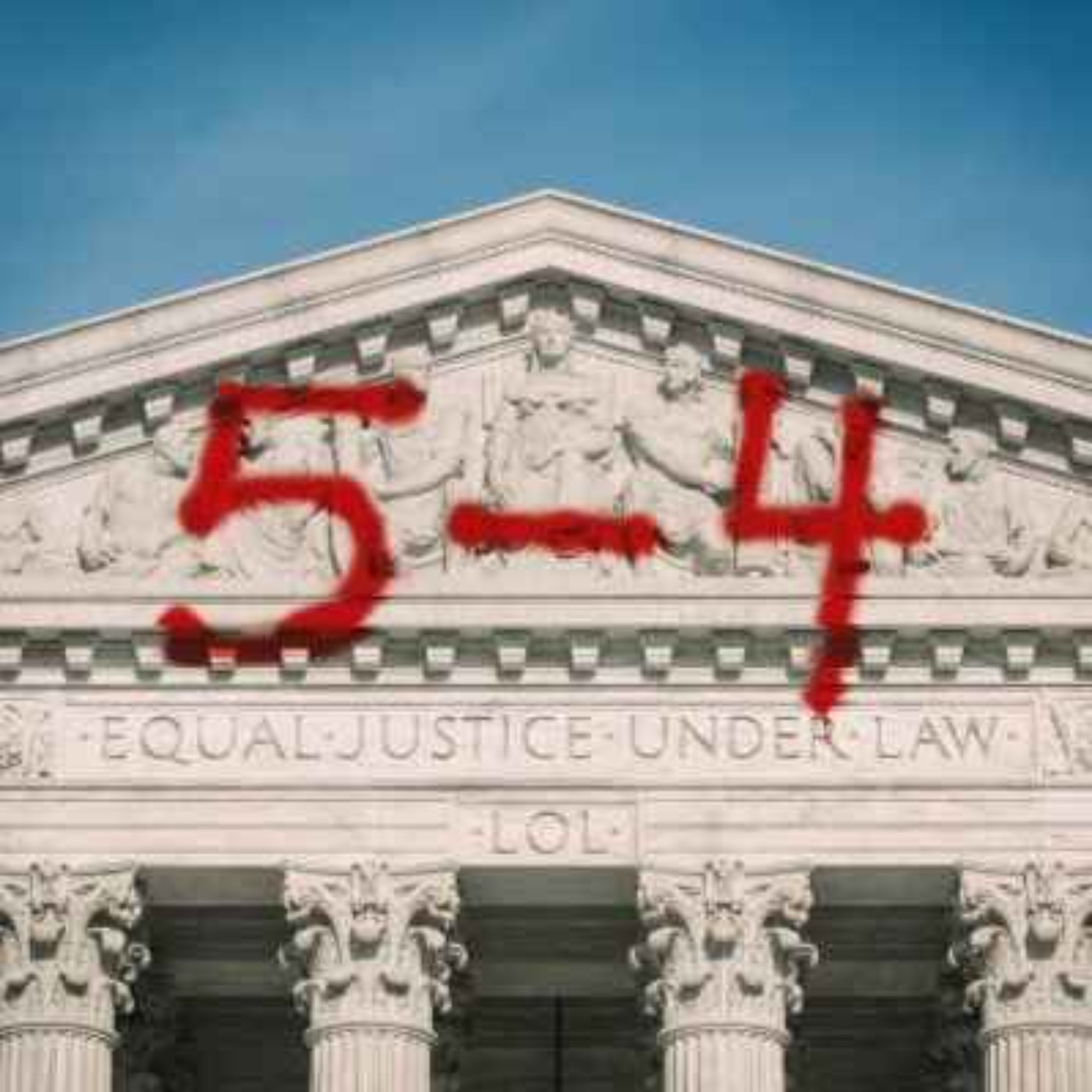Connick v. Thompson
The hosts discuss Connick v. Thompson, a 5-4 decision in which the Supreme Court holds that a conspiracy to convict an innocent man, by systematically withholding evidence that could prove his innocence, does not constitute a "pattern." Where's your dictionary now, Scalia?
Follow Peter (@The_Law_Boy), Rhiannon (@AywaRhiannon) and Michael (@_FleerUltra) on Twitter.
To get premium Patreon-only episodes, access to exclusive events, and membership in the 5-4 Slack, sign up for our Patreon at www.patreon.com/fivefourpod.
Hosted on Acast. See acast.com/privacy for more information.
Advertising Inquiries: https://redcircle.com/brands
Press play and read along
Transcript
Transcript is processing—check back soon.
5-4 — Connick v. Thompson

